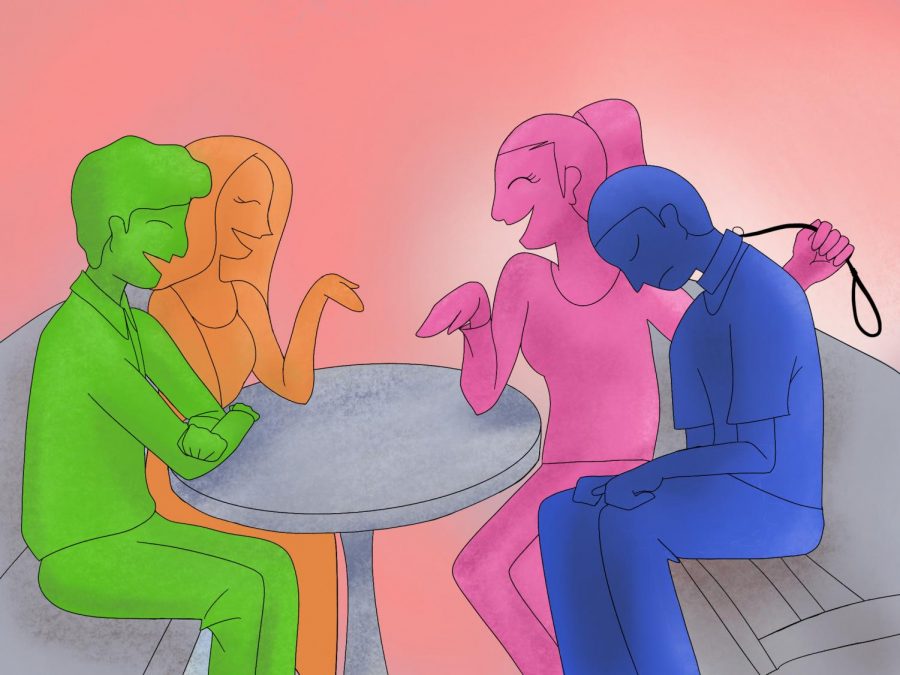Domestic Abuse: Why aren’t we addressing men as victims?
November 7, 2019
Last week, a former Boston College student was charged with involuntary manslaughter for the suicide of her boyfriend. The charges state that Inyoung You repeatedly physically, mentally and emotionally abused Alexander Ultura throughout their 18-month relationship. In the two months leading up to his death, she sent him 47,000 texts, with hundreds urging him to “go die” and kill himself.
Ultura jumped to his death from a parking garage on May 22, 90 minutes before his graduation ceremony began. You had tracked his location and was present on the garage at the time of his death.
1 in 4 women and 1 in 6 men have experienced domestic abuse in their life. Yet women are most predominantly the image of domestic abuse victims. Why is it that men are being excluded from this narrative?
No one addresses men explicitly when it comes to them being potential victims of domestic abuse. It’s time to start the conversation to make sure all domestic violence is stopped.
In women’s restrooms of health offices, there is almost always a poster with tips for leaving abusive relationships as well as hotlines that are available to help victims and a typical question of women’s health appointments is “are you safe at home?” Even in high schools, self-defense classes are predominantly advertised for and taken by female students.
Victim blaming is one aspect at fault for why the conversation around male domestic abuse victims is so sparse. In a society where men are made to feel emasculated for coming forward about abusive behavior in relationships, men are less likely to start a conversation about what is and isn’t healthy in a relationship. Culturally, walking away is viewed as an affront to their masculinity.
Part of male culture is joking about each other’s masculinity. When men grow up listening to people tell them “It’s only a girl,” or to not cry, it enforces gender stereotypes about what is and isn’t healthy.
For example, if a woman is constantly berating her male partner and he confides in his friends about the behavior, it would be expected of the men to tell their friend to “suck it up.” This could, in turn, contribute to keeping the man in the abusive relationship.
Domestic abuse needs to be covered in classes because unhealthy behaviors are often pegged as societal norms when they are really forms of manipulation and abuse.




















